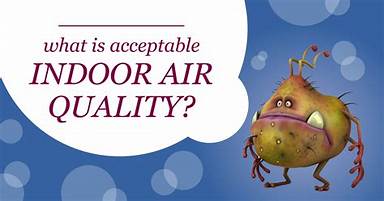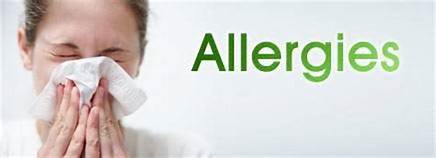
Improve Indoor Air Quality And Curb Seasonal Allergies. If you have trouble with allergies, you may be quick to correlate seasonal irritations with outdoor triggers such as ragweed, pollen and mold. However, poor indoor air quality in your own home could be the culprit to blame for runny noses, itchy eyes and in some cases, severe symptoms like respiratory issues, bronchitis and asthma.
The Environmental Protection Agency found in poor indoor air quality survey that Americans spend 87% of their lives indoors and that indoor air pollutant levels are up to 100 times higher than levels you may find outside. While it’s alarming to think about how many toxins you are possibly exposed to on a regular basis, there are simple steps you can take to boost the condition of the air you breathe in your home.
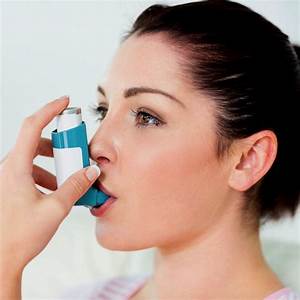
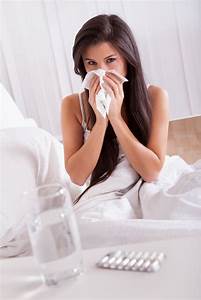
Refrain from Smoking Indoors
There is no acceptable level of exposure to secondhand smoke. Smoking indoors one time is enough to infect the rest of the poor indoor air quality of your house, even if you’re in a room with the doors closed.
Vacuum Regularly
Invest in a heavy-duty vacuum and clean your carpets regularly to remove dust and other pollutants brought in from outside.
Clean Bedding
Wash sheets, pillows and comforters in warm water routinely to cut down on exposure to dust mites and other allergens.
Let Air in Through Windows
Most heating and cooling units recirculate inside air so when weather permits, let fresh air in, if even just for a short time.
Keep a Tidy Home
Clean your home consistently using safe cleaning supplies.
Dispose of Unused Chemicals and Paint
Paint outdoors and choose non-toxic adhesive, finishes and varnishes where possible.
Groom Pets
Washing and grooming your pets regularly will reduce shedding and dander.
Use the Exhaust Fan Over Your Stove
The benefit of an external exhausted range hood is that it pulls out potentially toxic pollutants and gasses from the air in your kitchen.
Use Fans in Bathrooms
Exhaust fans knock out moisture from the bathroom and reduce fumes from cleaning agents that could potentially cause health issues.
Switch out Air Filters
Changing the air filters in your heating and cooling system on a regular basis is important to maintaining optimal indoor air quality in your home.
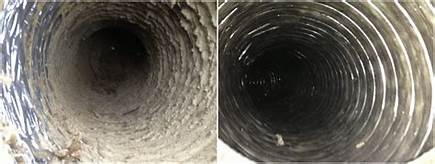
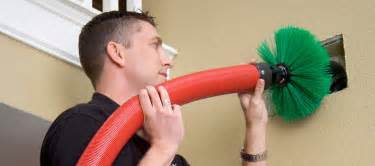
Most of the in-home air arrives through ducts as part of your heating and cooling system. Those air ducts can get dirty with microbes, mildew, bacteria and loads of dust and dirt. Regular duct cleaning can remove built-up debris.
In addition to these important actions there are several advanced choices for contending with allergy-inducing pollution in your home.
Whole-home central humidifiers keep humidity within one percent of your preferred levels throughout your home, creating a healthier environment by lessening dry sinuses, itchy skin and sore throats and keeping wood from damaging or warping. They can also lessen the occurrences of bacteria, viruses and respiratory infections. Proper humidification levels are just as important in both hot and cold environments. Too little humidity leaves the body vulnerable to infections whereas too much humidity establishes ideal breeding grounds for mold, mildew and dust mites.
Options for high-efficiency air filtration and cleaners that kill airborne contaminants include High Efficiency Particulate Air Filtration and Germicidal UV Light Systems.
Energy Recovery Ventilation Units bring in the correct amount of outside air which is especially important in the fall and winter months ahead.
Aladdin Insulation can give you a free home indoor air quality and comfort analysis so you can rest assured that your family is breathing the healthiest air possible. To Improve Indoor Air Quality And Curb Seasonal Allergies Call 678-528-7115 or schedule your appointment online.
